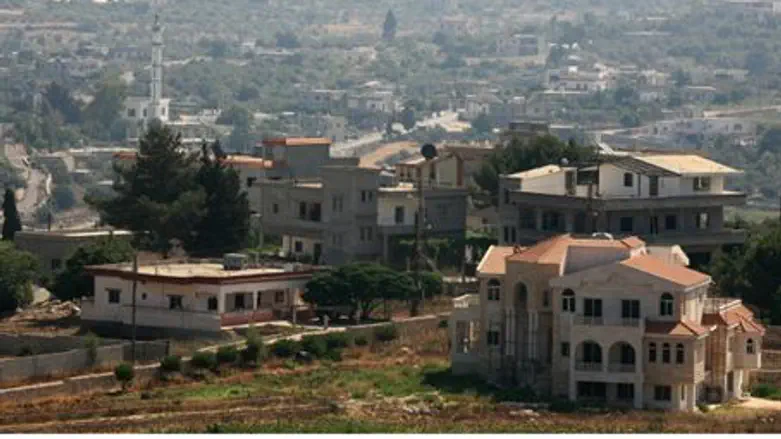
Two pilots working for Turkish Airlines have been abducted in Lebanon, near Beirut's international airport, the BBC reported on Friday.
The men were snatched from a bus which was carrying several other crew members and passengers between a hotel and the airport terminal.
A group called Zuwwar al-Imam Rida has said it seized the men, saying they would be freed in exchange for nine Lebanese hostages in Syria.
Turkey has advised its citizens in Lebanon to leave if possible, according to the BBC.
Turkey backs Syria's Sunni rebels, and is seen to have influence over them, while much of Lebanon's Shiite community supports President Bashar Al-Assad.
All information indicates that the incident is in retaliation for the kidnapping of Lebanese Shiite pilgrims in Syria last year.
Although the families of the kidnapped pilgrims denied involvement, they celebrated in the street after hearing of the abduction of the two Turkish Airlines pilots, reported the BBC.
In recent months, the families have stepped up their protests, and blamed Turkey for delays in releasing their men, given its believed close contacts with the group thought to be behind the kidnapping.
Turkish media named the kidnapped men as pilot Murat Akpinar and his co-pilot Murat Agca.
Zuwwar al-Imam Rida said the kidnapping was in retaliation for the seizure of nine Lebanese pilgrims in Syria in May of 2012.
Daniel Sheiab, the brother of one of the pilgrims, told the BBC that the hostages' relatives were not responsible for the kidnapping, but said the families "welcome the kidnapping of the two Turks as pressure which could push forward the case."
The Turkish foreign ministry issued a statement on Friday urging its citizens to avoid non-essential travel to Lebanon. It advised those already there to leave or to take measures to ensure their personal safety.
Turkish President Abdullah Gul said Turkey's foreign ministry "took action as soon as possible" after the kidnapping and that he would personally speak to his Lebanese counterpart Michel Sleiman about the incident.
"Lebanon is a hard and a risky place. I hope they will be rescued in full health as soon as possible," Gul added, according to the BBC.
The kidnapping is the latest of a string of incidents in which the Syrian conflict has spilled over into neighboring Lebanon.
More than 100,000 people have been killed in the 28-month conflict in Syria, with a further 1.7 million Syrians forced to seek shelter in neighbouring countries, according to UN estimates.
The nine Lebanese pilgrims went missing in Aleppo province in northern Syria in May 2012 as they returned from a pilgrimage in Iran.
The Northern Storm brigade, a Syrian opposition group operating near the Turkish border, said it had carried out that abduction.
Several rounds of talks to free the pilgrims have failed, and the relatives strongly believe that Ankara can do more to influence Syria's anti-Assad rebels to secure the pilgrims' release.
Tensions between Turkey and Syria have been high in the wake of the Syrian civil war, especially since Turkish Prime Minister Recep Erdogan expressed support for the rebels fighting Bashar Al-Assad. Several months ago a Syrian mortar landed in Turkish territory, killing five civilians in Akcakale.
The Turkish army responded by attacking several targets in Syria. Turkey's parliament later gave the government the green light to use military force against Syria if necessary.
In May, a car bomb attack in the Turkish border town of Reyhanli killed 51 people, and Turkey accused Syria of being behind the attack.
In Lebanon, meanwhile, Syria-related tensions have soared since the beginning of the civil war, deepening sectarian rifts between Sunnis and Shiites.
Shiite Hizbullah openly supports the Assad regime and fights along his forces, while the Sunni-dominated opposition backs the rebels fighting it.
(Arutz Sheva’s North American Desk is keeping you updated until the start of Shabbat in New York. The time posted automatically on all Arutz Sheva articles, however, is Israeli time.)